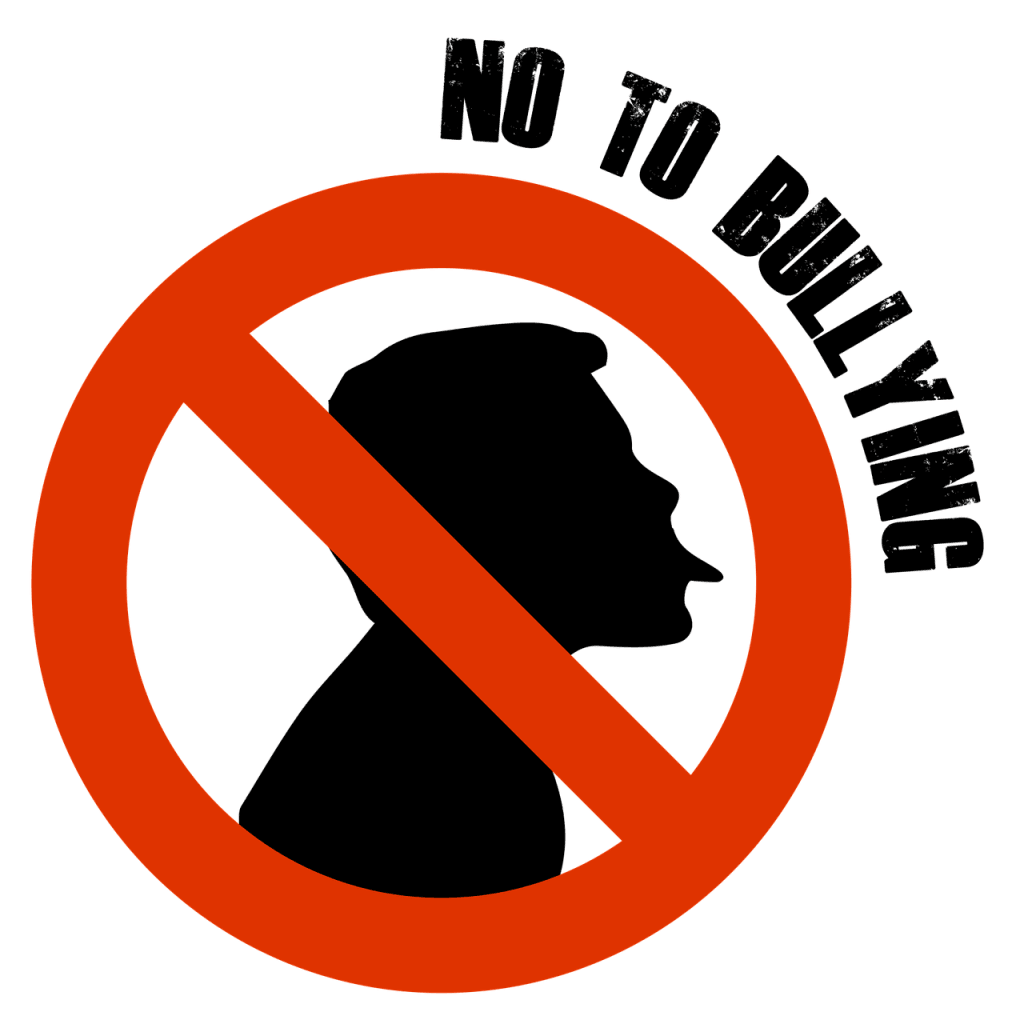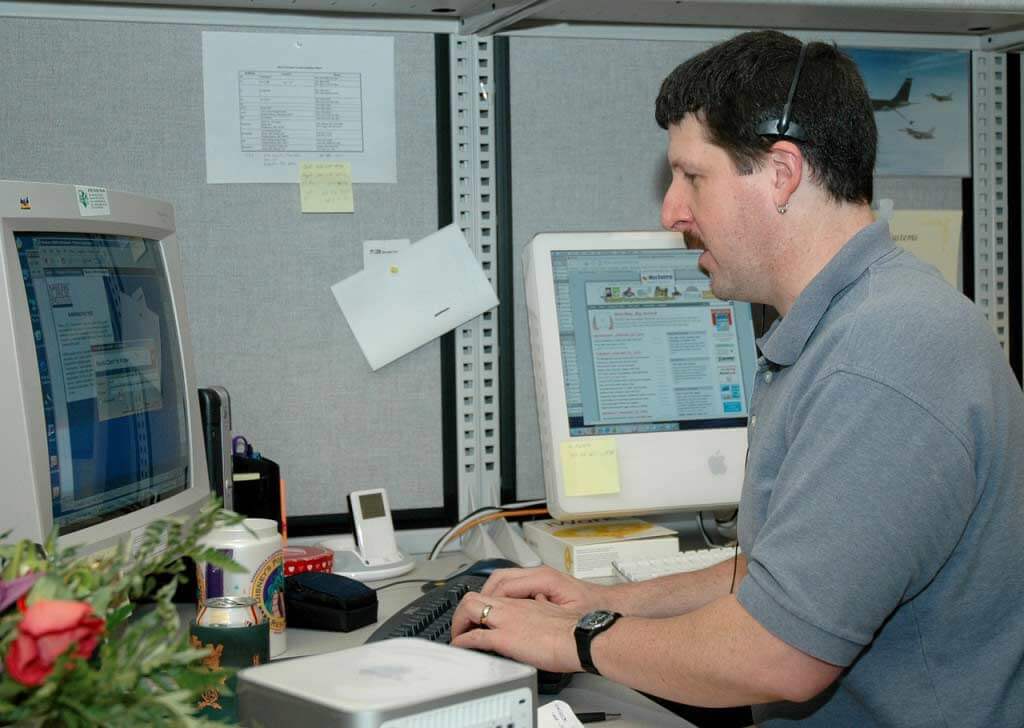Updated June 2, 2023

Make A Good Impression At Work
Everyone advises you about creating a good impression; this article is about what to do and what not to do to make a good impression at work. You can say that this is a comprehensive list of things you shouldn’t do at work if you want to make your mark in your professional life.
You would agree that it’s the tiny that makes the most difference. Thus, we will include all those tiny daily habits you’re practicing at work, which you shouldn’t if you plan to make a good impression.
It’s not a list of things to appease or get their attention when they’re not giving any. Rather it’s a list about you and what you do but shouldn’t (yes, it includes doing social media as well).
At the end of each item, we will also provide you with an action strategy. Have a look,
Maybe this list can save you from losing your reputation at work.
Reach Office on Time
There may be traffic or other hazards when you commute to work. But why do you think that your employer will listen to you? And how do they know that you’re not giving any excuse? See, you’re paid for your time and skill when you do a job. If you come late most days in the week, naturally, you will not rely upon much. Why? Because if you are not sincere about coming to work at the right time, how would you complete your project before the deadline? Time is more valuable than money. And you need to value it as well. You can take a simple approach to coming on time. Here’s what you should do.
Action strategy: Have you ever heard about Buffer? If not, here it is. A buffer is a thing that reduces the impact of something bad. But we use it in a different way. For example, if you think you can prepare a client presentation within 2 days, you must add a buffer time (let’s say another day) to ensure the presentation is delivered on time. Likewise, if you’re late to the office daily, here’s what you should do. You need to calculate the time to reach your office from home. Let’s say 1 hour. Now, if you leave your home at 8 a.m. and must reach 9 a.m., you may get late. So, you should add some buffer time. Let’s say you add 50% of the buffer time. If you want to reach at 9 a.m., then you need to leave home at 7:30 a.m. Practice this for some time. You will see that even with traffic or other hazards, you will still reach the office on time and create a good impression.
Don’t leave the office first.
Yes, you have all the right to leave the office when the work is done. But think before you act. Would it make a good impression if you always left the office first? It doesn’t matter what other people would think. But the thing is, how would the top management perceive you if you left first every day? Think about it. We’re not asking you to become an imposter. If your work is done, just sit and plan your day. But don’t leave first every day.
Action strategy: Here, play a game of central tendency. Look out for people who go first. Don’t join them. Also, look out for people who always work late. Don’t join them either. Go with people or before or after people who leave in between. Suppose your office hours are from 9 a.m. in the morning to 6 p.m. in the evening. The early birds who fly away quickly leave when the clock shows exactly 6 p.m. The late goers leave maybe at 7:30 p.m. Go any time between 6:30 p.m. to 7 p.m. If you finish your work before 6 p.m., do something useful within half an hour. You can think creatively – maybe you can arrange your documents, plan the next day, or work on the presentation you will give next week.
Do not make personal calls during working hours.
People get that. Even if you feel that no one notices whom you’re talking to, everyone understands after a while. If it’s not urgent, avoid all personal calls by any means. Don’t even text friends and relatives while you’re working. You know that you need to get this thing straight. The office is not a place for love, prattle, or gossip. It’s a place to be productive and to produce something remarkable. If you want to create a good impression at work, this is an awesome opportunity. Don’t waste the opportunity to make a good impression just by silly chit-chat and unhealthy gossip. When you work, work. Go home and talk to your friends and people close to you.
Action strategy: Use two mobile phones. One should be used for personal purposes and another only for talking to clients, colleagues, team members, and the marketing team. While you work, put off your personal phone! Give your work number to your family members and tell them they should only call when it’s urgent. You can also create pocket time for making calls to your family during lunch break or any break you take during work hours. Work is serious business. Create a good impression by being good at your work.
Have a professional dressing sense
Few companies allow you to be casual. But most companies have the decorum to follow. And if you don’t, you will fail to create a good impression. Most companies have policies that you should wear a formal dress from Monday to Friday, and you can wear casual on Friday/Saturday (if Saturday is not a holiday).
Why do you fail to create a good impression when you don’t dress as expected? You’re perceived as someone who doesn’t care about the company’s values and policies. If a company has to depend on you, how would they do it then?
Action strategy: We call it power dressing. Buy 5-6 good formal dresses and wear one each day. Don’t be casual. You don’t need to buy branded one, but you should buy something that looks good on you, and you feel comfortable in. Making a good impression at work is a choice. Power dress and you will see the difference.
Always be Approachable
If you have some years of professional experience, you will see that some people are arrogant and have too unapproachable personalities. How will the team members talk to them if they’re not approachable? They don’t think about creating a good impression but love their arrogance. But in this new age, arrogance doesn’t work; participation does. And to participate as a leader, all you need to do is be open, smiling, and approachable to your colleagues and peers. Don’t give a vibe to them that you’re so hard to talk to. A good impression then will go out of the window, and only your arrogance will remain.
Action strategy: If you think you’re not arrogant but simply reserved, you can do one thing to help you remain approachable. Professionals from human resources practice this. Keep a tinge of a smile always on your face. So even if you’re not talking, you would be viewed as approachable and able to create a good impression. Someone says so well when he says – Successful people have two things on their lips – smile and silence.
Don’t be a slob
People don’t tell you, but everyone hates a slob. And good impression, forget that! If you’re not very good at arranging and organizing things, maybe this is the right time to self-observe yourself. Otherwise, soon enough, you will become a slob, and your desk and table will be a massacre. What to do to create a good impression by making your desk clean and minimal? Follow the action strategy below.
Action strategy: This is a simple rule. It’s a rule of one. Once you reach the office, you must do one thing daily. Simply take one useless file from your desk and put it into the drawer or in a place where it should be kept. Do the same thing the next day. Take one thing from your desk and clear it up. If you’re messy, you would have at least 10-30 things on your desk. Let’s keep it extreme. If you’ve 30 things that make your desk messy, take 30 days to clear them up. Within 30 days, your desk will look awesome, and you don’t even have an excuse not to clear it up, as you need to clear one thing per day, not more. Create a good impression and keep only that thing on your desk which is required to work.
Don’t be a bully for a good impression.
Usually, people who bully others are the most fearful. But this is one thing you should avoid with all your might. This can even result in extinction from your job if proven. Yes, you need to be firm. You shouldn’t entertain abuse or unwanted things being said to you. Be firm. Be courageous. But don’t bully. Control your anger, and don’t show it off. When you get angry, there’s huge energy you generate. If you can transport that energy into something positive, you can create great things. Thus whenever you need to be firm, be firm. Say it upfront. But when you know you cannot say anything and still feel angry, use it for good work.
Action strategy: Suppose you’re very angry with a colleague, and you’re shaking in irritation. Use this in your work directly. Concentrate so hard on the work that you don’t get up before you do that. If you talk about creating a good impression, finishing work on time will do that, not bullying. Why we’re emphasizing anger? Because bullying is the product of anger, and anger is the product of being fearful subconsciously.
Don’t talk about how tired or busy you’re
It’s not your home. Employers don’t like employees who say that they’re tired. You don’t need to tell your boss even when you’re tired. If your boss pressurizes you to take extra work, simply say that you do a maximum of 3-5 projects you can handle (according to what you think you can handle without stressing yourself). If your boss tells you you’re compelled to take the new project, simply mention that you’re leaving one project in between and starting the new one. Few bosses don’t understand that you’re human and only have a limited number of hours a week. You cannot and shouldn’t work overtime to keep the request of your bosses. You also need to maintain a good work-life balance; if you do not soon enough, you will suffer from sickness. Saying you’re tired will not create a good impression. If you want to create a good impression, be straightforward, and tell your boss directly that this is your limit, and you won’t go beyond that.
Action strategy: Being busy or tired is not a sign of being an efficient worker. Thus, if you tell your boss or colleagues these things, you will not make a good impression. Replace ‘busy’ with ‘focused’ and ‘tired’ with ‘efficient. Put it this way – “I’m focused on this project now and can’t get to take a break.” Or say, “I can be most effective when I’m handling a maximum of 3-5 projects at a time and not more.” These phrases will do the trick. You will create a very good impression on the people you’re talking to.
You shouldn’t do many things if you’re particular about creating a good impression. But the above are the most important, and you can’t ignore them at any cost. Pick one and work on it until you get better. Then go to next and then follow the same procedure. Creating a good impression isn’t rocket science. It’s learnable, and you can learn it.




